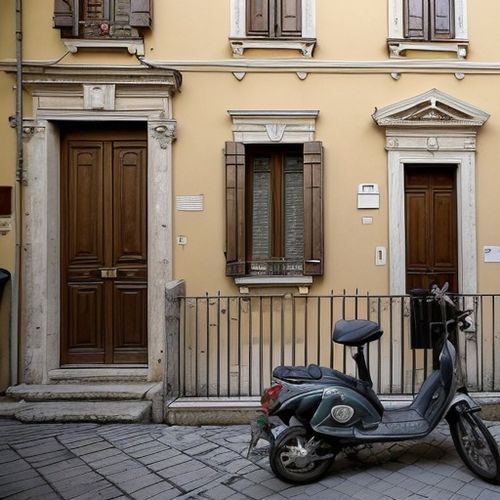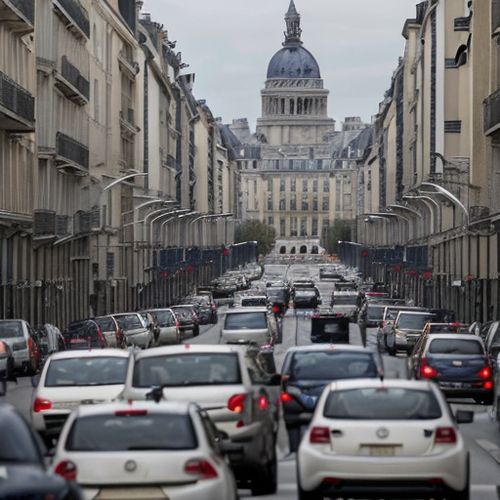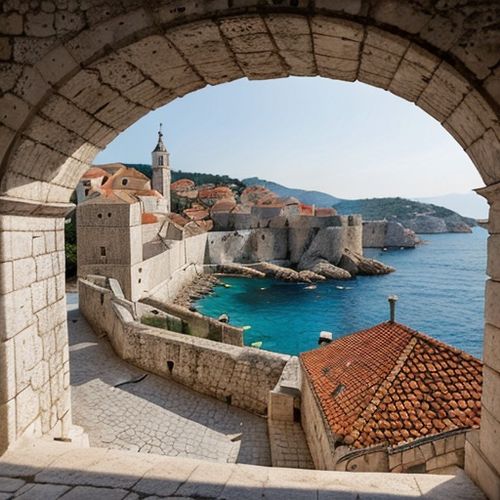In a sweeping move to regulate short-term rentals and protect local housing markets, Italian authorities have launched a nationwide crackdown on illegal Airbnb listings. Over 28,000 properties have been seized or delisted across major cities including Rome, Florence, Venice, and Milan. The operation marks one of Europe’s most aggressive interventions against unlicensed holiday rentals.
The campaign, spearheaded by Italy’s financial police (Guardia di Finanza), targets property owners who failed to register rentals with local authorities or violated zoning laws. Many listings were found operating without proper permits, evading taxes, or converting residential units into de facto hotels—practices that have contributed to housing shortages in historic city centers. "This isn’t just about tax evasion," said a senior official involved in the operation. "It’s about preserving neighborhoods for residents and maintaining fair competition in the tourism sector."
Venice, where over 4,000 illegal listings were identified, has been a focal point. The city’s mayor recently warned that unchecked short-term rentals were turning the lagoon city into a "theme park." Similar concerns echo in Florence, where local officials report a 15% drop in long-term rental availability over the past decade. Rome’s municipal government has begun cross-referencing Airbnb data with electricity bills to identify undeclared rentals.
The crackdown has ignited debate about the broader impact of platform-based rentals. While Airbnb argues its model helps homeowners supplement incomes, critics say it incentivizes property hoarding. "When a single landlord controls 30 apartments for tourists while teachers and nurses can’t find housing, something is broken," remarked a housing activist in Milan. Data from Italy’s national statistics institute shows rents in tourist hotspots have surged 58% faster than wages since 2015.
Enforcement varies by region. Some cities like Bologna now require hosts to submit architectural plans proving their property meets safety standards. Others have imposed caps—in Florence’s UNESCO-listed center, short-term rentals cannot exceed 30% of a building’s units. Penalties range from €20,000 fines to criminal charges for repeat offenders. The government is also developing a national registry to track all short-term rentals.
Airbnb has responded by automating tax collection for Italian hosts and removing non-compliant listings. However, the platform faces growing pressure to proactively enforce local laws. "The ‘share’ in sharing economy can’t mean shifting costs to communities," noted an urban policy expert. Meanwhile, some small towns are embracing regulated Airbnb as an economic lifeline, suggesting the need for nuanced solutions beyond blanket bans.
The Italian measures could set a precedent for other European cities grappling with overtourism and housing crises. Barcelona recently banned all short-term rentals in its medieval center, while Paris requires hosts to register properties with the city hall. As the EU considers continent-wide regulations, Italy’s aggressive stance demonstrates how seriously some governments now view the collateral damage of unchecked digital platforms.
For now, the crackdown continues. Authorities are using AI tools to scan listings for red flags like exaggerated square footage or missing license numbers. With summer tourism season approaching, the message is clear: Italy wants visitors, but not at the cost of hollowed-out neighborhoods. As one Roman shopkeeper put it: "Tourists should taste our culture, not displace it."

By Emily Johnson/Apr 11, 2025

By William Miller/Apr 11, 2025

By Benjamin Evans/Apr 11, 2025

By Grace Cox/Apr 11, 2025

By Amanda Phillips/Apr 11, 2025

By James Moore/Apr 11, 2025

By Natalie Campbell/Apr 11, 2025

By Eric Ward/Apr 11, 2025

By James Moore/Apr 11, 2025

By Emily Johnson/Apr 11, 2025

By Christopher Harris/Apr 11, 2025

By Michael Brown/Apr 11, 2025

By Rebecca Stewart/Apr 11, 2025

By John Smith/Apr 11, 2025

By Natalie Campbell/Apr 11, 2025

By Emily Johnson/Apr 11, 2025

By John Smith/Apr 11, 2025

By Michael Brown/Apr 11, 2025

By Amanda Phillips/Apr 11, 2025

By Joshua Howard/Apr 11, 2025